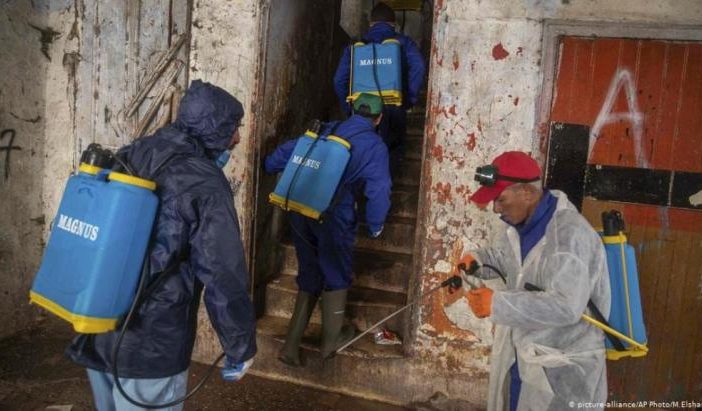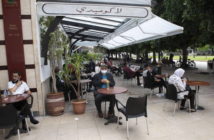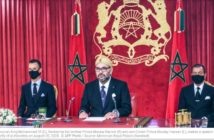Qantara.de
The fact that the people of Morocco have responded with such maturity and responsibility to the protective measures imposed by the government to contain the coronavirus pandemic is a historic moment for the country, says Moroccan political scientist Mohamed Taifouri.
Having witnessed the speed with which the coronavirus swept through leading industrialised countries in Europe, bringing their economies to their knees and putting their highly developed health systems almost entirely out of action, authorities in Morocco quickly realised the extent of the threat posed by COVID-19.
The powerlessness of European states when faced with the advance of this pernicious virus conveyed an image more commonly associated with developing countries. The Moroccan authorities responded by rolling out a prevention plan that was built on a detailed succession of resolutions, steps and measures. The objective was to cushion the impact of the pandemic and to mitigate the repercussions for public life across the country.
The first link in the chain of measures was to evacuate Moroccan citizens trapped in the Chinese city of Wuhan. Then everything seemed to happen at once: schools were closed, places of worship, cafes and restaurants were shut down, sporting, cultural and political activities, as well as all major events were banned, a special fund to counteract the impact of the coronavirus pandemic was set up and a state of emergency declared for a month.
Co-operation from the people
To ensure optimum implementation of the anti-pandemic measures, it was inevitable that the army would appear on the streets of the kingdom. After all, the authorities were well aware that they had neither the infrastructure nor the logistical wherewithal to meet the pandemic head on.
Overall, the people in Morocco were quite willing to accept the measures introduced, despite the restrictions in rights and liberties that went with them. Everyday mobility was restricted to a limited number of people, among other things in cases where travel is essential for work reasons.

Respect and willing acceptance by the civilian population: to ensure optimum implementation of the anti-pandemic measures, it was inevitable that the army would appear on the streets of the kingdom. After all, the authorities were well aware that they had neither the infrastructure nor the logistical wherewithal to meet the pandemic head on
Most Moroccans, however, have only been permitted to leave their homes in urgent and exceptional cases. Moreover, they must have a stamped, official permit to do so. Any violation of this restriction is punishable by a prison sentence of up to three months or a fine that equates to about US$140.
Rare unity
These tough restrictions, which are unprecedented for the younger generation in Morocco, have done nothing to dent the general approval and acceptance of the state’s prevention plan to counter the coronavirus pandemic. Scientists and journalists are even talking about ‘peak national solidarity’, the like of which has not been seen in Morocco since the Green March 45 years ago.
Even the people and movements that belong to the radical wing of the opposition have put their political differences aside and are standing shoulder-to-shoulder with the government. In so doing, they are showing their respect for the way the crisis is being handled.







